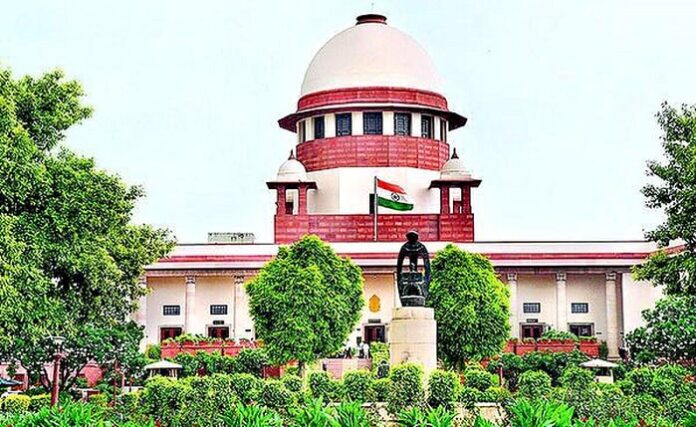The Supreme Court has ruled that doctors cannot be considered negligent solely due to poor medical outcomes, underscoring that liability must be based on clear evidence showing a deviation from accepted practices.
In its decision, the Court emphasized that complications, including unexpected ones, do not inherently indicate a lack of due diligence or skill on the part of medical professionals. This judgment reinforces protections for healthcare providers, stressing that even if a treatment or surgery does not yield the desired results, doctors cannot be automatically deemed negligent under the doctrine of “Res Ipsa Loquitur” (Latin for “the thing speaks for itself”) unless evidence clearly shows they failed to exercise due skill and care.
The case under review involved a complaint of medical negligence following an eye surgery on a child with congenital ptosis, a condition causing drooping of the upper eyelid. When the surgery did not improve the child’s condition as anticipated, the family filed for compensation, alleging inadequate medical care. Although the state consumer commission initially dismissed the complaint, the National Consumer Disputes Redressal Commission (NCDRC) reversed this decision, awarding compensation of ₹3.5 lakh. The case was eventually escalated to the Supreme Court, which ultimately exonerated the doctor and medical institution.
Central to the Court’s judgment was the reaffirmation of the “Bolam Test,” a standard from a 1957 English case that states a doctor is not negligent if they follow practices accepted by a responsible body of medical professionals. The Supreme Court had previously endorsed this test in India in the 2005 Jacob Mathews Vs State of Punjab case, holding that liability arises only if a doctor lacks the required skills or fails to act with reasonable competence.
As reported by Hindustan Times, the Court highlighted three critical components necessary to establish medical negligence: a duty owed by the doctor to the patient, a failure to meet that standard, and resulting harm linked to this breach. Without clear evidence of such negligence, a poor outcome alone cannot be taken as failure in duty. This judgment underscores that while patient rights are paramount, doctors should not face undue liability for rare or adverse outcomes if they followed accepted medical standards.
Dr. DK Gupta, founder of Felix Hospital, welcomed the decision, noting the importance of recognizing medical uncertainties and supporting professionals who provide safe, patient-centered care. “We appreciate the Court’s acknowledgment of the complexities in medical practice and its support for an environment where healthcare providers can perform their duties without the risk of baseless claims,” he stated.
This ruling has significant implications for the medical community, offering legal protection to doctors who adhere to established practices, while aiming to balance patient rights with safeguarding doctors from unwarranted legal actions.
























